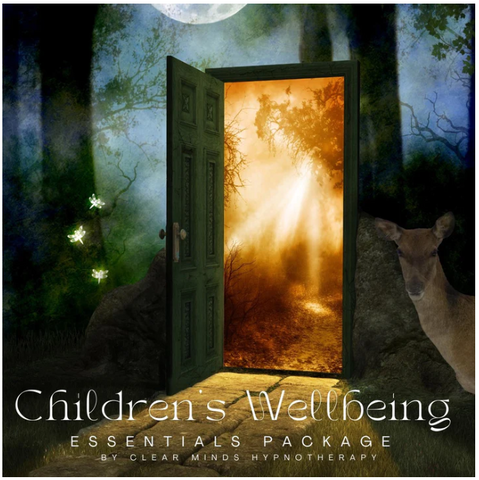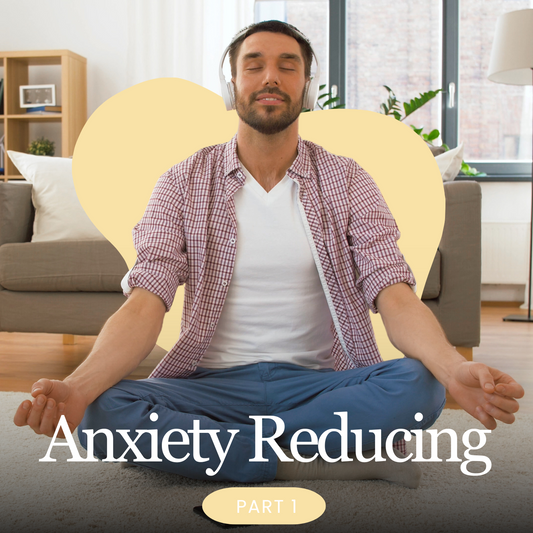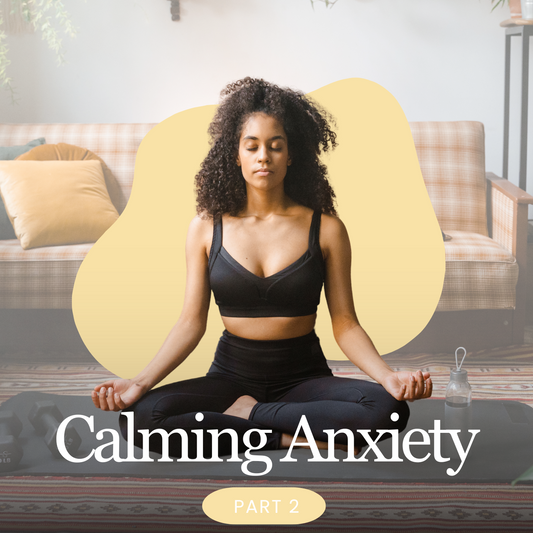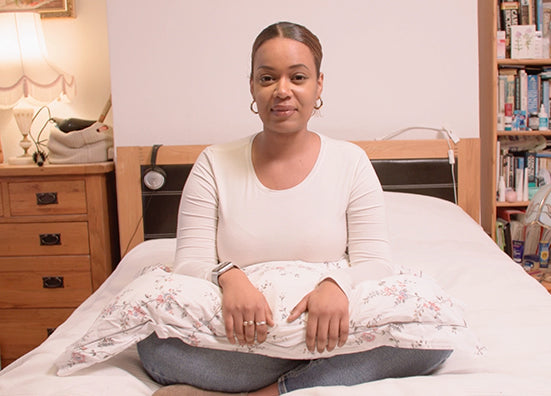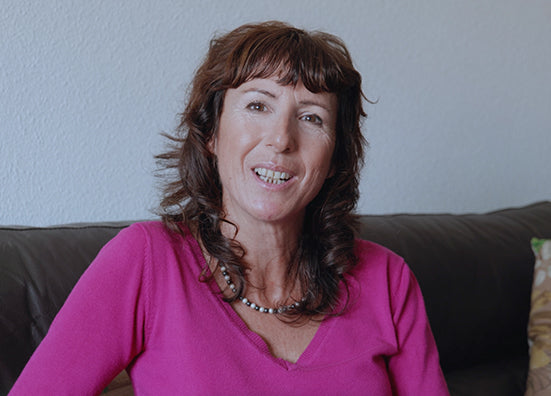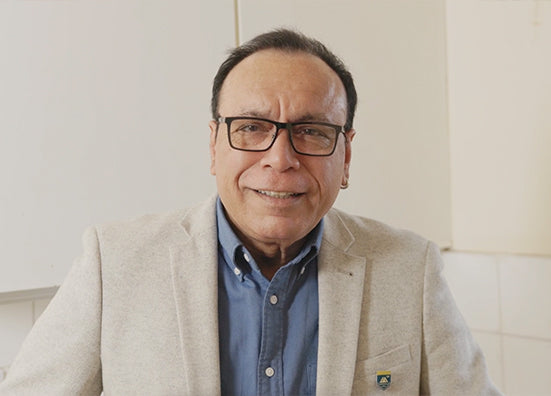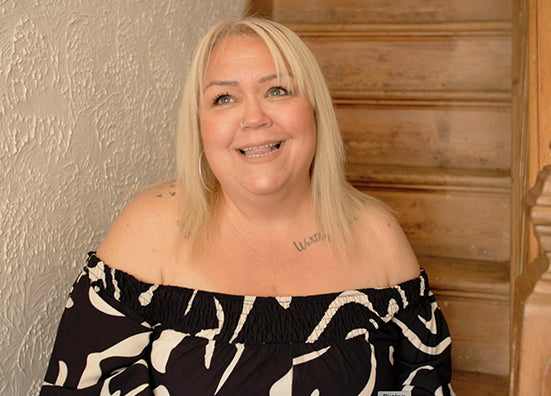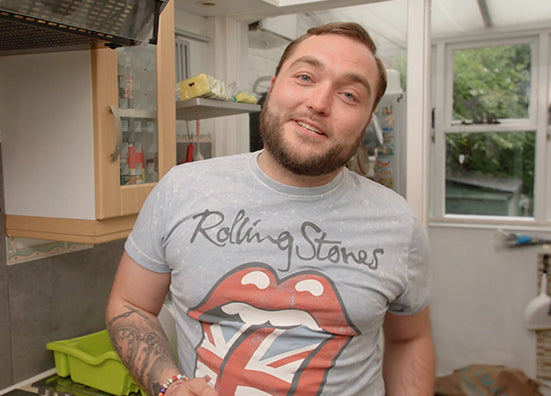
The third session in our Kid’s Wellbeing Essentials Package is ‘Anxiety Elimination Hypnotherapy for Kids’. To discuss this topic a little more I sat down with parenting coach, Dominique Olivier.
---------------------------------------------------------------------------------
Terri: So as a parent of an anxious child, I would love to know some strategies to help my kid with all the things he finds difficult. What is the best thing that parents can do when they have a child who is either sort of 'constitutionally' anxious (like mine) or is not usually anxious, but might either of had an experience that caused them anxiety, or are anticipating something with anxiety.
Dominique: Yes, so...as you pointed out, some kids are more prone to seeing the world through an 'anxious lens', and some kids have more on and off anxiety in response to situations and events, but the basic premise for each is the same. The number one thing that I coach parents about in the face of their kids anxiety is first of all to NOT DISMISS it. Do not tell your kid that there's nothing to be afraid of when they're obviously feeling afraid. The fearful feelings are REAL to your kid, even if the cause is not logical. Their rational, thinking part of their brain, the frontal lobe, is not in charge of this experience for them and they can't just shift their attention there. If your child is afraid of monsters in their room, telling them there are no monsters does not help one bit. All it does is reinforce their feeling of being scared and alone. So the number one thing you can do to begin with is to let them know they're not alone.
Terri: Ahh...OK. It's so hard, isn't it, because as adults we really want facts and reassurance in that way, the logical way, but I have seen so many times that those make absolutely NO difference to my son when he's anxious about something.
Dominique: Exactly, it just sort of leaves him alone with his fear, feeling like no one understands, and that makes it all so much harder.
Terri: Yes, I see that. OK, so how do I help him feel not alone with his fear, but also not somehow exaggerate or encourage him to be afraid?
Dominique: Great question. What would you say your son's biggest fear is at the moment?
Terri: Well, funny that you mentioned it, because he's actually really afraid of the most classic childhood thing...the dark and monsters. He finds it really hard to be in a room on his own, or in the dark, or to fall asleep on his own. He 'knows' that monsters are really not real, but that doesn't help him feel any better about it.
Dominique: OK, perfect. So...one of the things that will help him the most is if he feels like you are WITH him in his fear. Like you get it. You sort of 'join' him there, where he is, and then you help him be curious about it, rather than try to shut it off. You basically join him in his mind, and help him move the anxiety from where it currently is (the deepest part of the primitive brain) to other parts of the brain, where it can be more easily coped with. So that might look like having a conversation when he's starting to get anxious at bed time, where you say something like "I know this part feels really scary to you, when you're about to be all alone in your room. I'm curious, what feels the hardest about that to you?" What do you think your son would say to that question?
Terri: I think he would say "that I'm going to be on my own and there might be monsters and they'll try to kill me" or something like that.
Dominique: Ok, so again, you want to validate anything that he says. Not by saying 'oh yes, it's very likely they will come and try to kill you', but by validating the FEELING he's having. Not the thing he thinks will happen, but the thing that is already happening in his body. So you could say something like "oh yeah, that sounds really hard...I would be really scared too if I thought that was going to happen". Then you could ask him some more questions that encourage him to explore the feeling, to think about it, to basically move from INSIDE it, to outside of it...engaging the other parts of his brain. All with you as his curious co-explorer. So: "how does it feel in your tummy when you think about that?", or "what do you normally DO when that feeling shows up". Just finding ways to step next to him and make him feel that he is now not alone anymore, he has your awareness inside the whole thing with him.
Terri: OK...I can do that, I think! Then what?
Dominique: Well...there are a couple of things you can try next. One is to tell him a story about a way you handled that same fear as a kid and what made you feel better. You could say something like "I was actually really afraid of monsters too when I was a kid, and my mom gave me 'monster' spray that we would spray around the whole room before I went to sleep. It really helped me, would you like to try it?" If not, you can help them brainstorm some things that might make them feel safer. Some kids feel better with some kind of 'weapon' to protect themselves, like a fly swatter or a wooden spoon under their pillow. Some like a flashlight so they know they can turn it on in the night if they need to. Some kids respond well to the idea of a lucky charm, or some other 'magical' item that will keep them safe while they sleep.
It doesn't really matter which thing they gravitate to, what matters is that they don't feel alone about it anymore...they don't feel like they are handling it all by themselves. This is actually the biggest help to them.
Terri: Yes, that makes total sense. Are there other tools I can use at this point?
Dominique: Yes, absolutely. For this anxiety, and for any anxiety, helping your kid learn to breath deeply and calmly is huge. It can calm their whole system down very quickly. So teach them the 'bubble' breath, where they breathe in nice and slowly and then imagine they're trying to blow bubbles in an imaginary bubble wand. If they haven't already done this you can get some bubbles for them to practice on. They should purse their lips and blow out slowly and steadily so they don't 'burst the bubbles'.
Another nice visualisation, with similar language, is the 'blue bubble'. This isn't a breathing technique, but uses their imagination to help them feel protected. You tell them to try to picture the tiniest little blue dot, right in the very center of their bodies. It's part of them, and they can use it whenever they like. All they have to do is imagine that blue dot getting bigger and bigger, like a balloon, and as it does, it pushes out anything that isn't 'them'. It expands gently through their bodies, and then outside the edges of their bodies, and everything that is not them just keeps getting pushed outside of the blue bubble. They can make it as big as they like...the size of their room, or their house, or whatever they want. It protects them, and nothing can get through it that might want to harm them.
Terri: Oh, I think my son would really like that one. And even though it's not a logical thing, I can imagine it working, because his fear isn't logical either. It's sort of on the same level as that.
Dominique: Yes, exactly. Sometimes those things work better for some kids, while others like the more practical solutions. Work with your child to find the one that feels 'just right' for them.
Terri: Great, that makes sense, thank you. Of course I have to ask about the hypnotherapy sessions...we have one for anxiety in children and I'd love to know where in the whole process you think this could be the most useful?
Dominique: Yes, I think this session in particular is so powerful for kids, because it does several things at the same time. Firstly, it's just really relaxing for them. I think as adults we forget how incredibly stressful it felt to be a kid, to have basically no control over your life, and to have to do what bigger people tell you to do all day long, from the moment you open your eyes. Having no power is stressful in and of itself. So...the recorded session gives them some time to just relax and feel into their bodies, to take a breather. But then the suggestions in the recording also help them at the level of their subconscious, where so much of fear habit stems from, and it gently coaches them into a different way of perceiving their world.
And then, of course, it can become part of a nightly routine for your child...you can play it for them as they fall asleep every night to reinforce the comfort of the routine, so it helps in that way too.
Terri: OK, yes...my son has enjoyed listening to the session, but I haven't incorporated it at bedtime, which is when it is probably the most useful! Thank you so much, I will try that going forward!
Dominique: You're very welcome!
I know I will think of a lot more questions on this topic to ask you, so I hope you won't mind coming back to answer more in the next few weeks?
Dominique: Not at all! I'm happy to answer any questions you have!
Terri: Thanks so much!
-------------------------------------------------------------------------------------------
The Anxiety Elimination for Kids session is available on its own, or as part of the Children's Wellbeing Essentials package.
Click here for the Children's Wellbeing Essentials Package!
